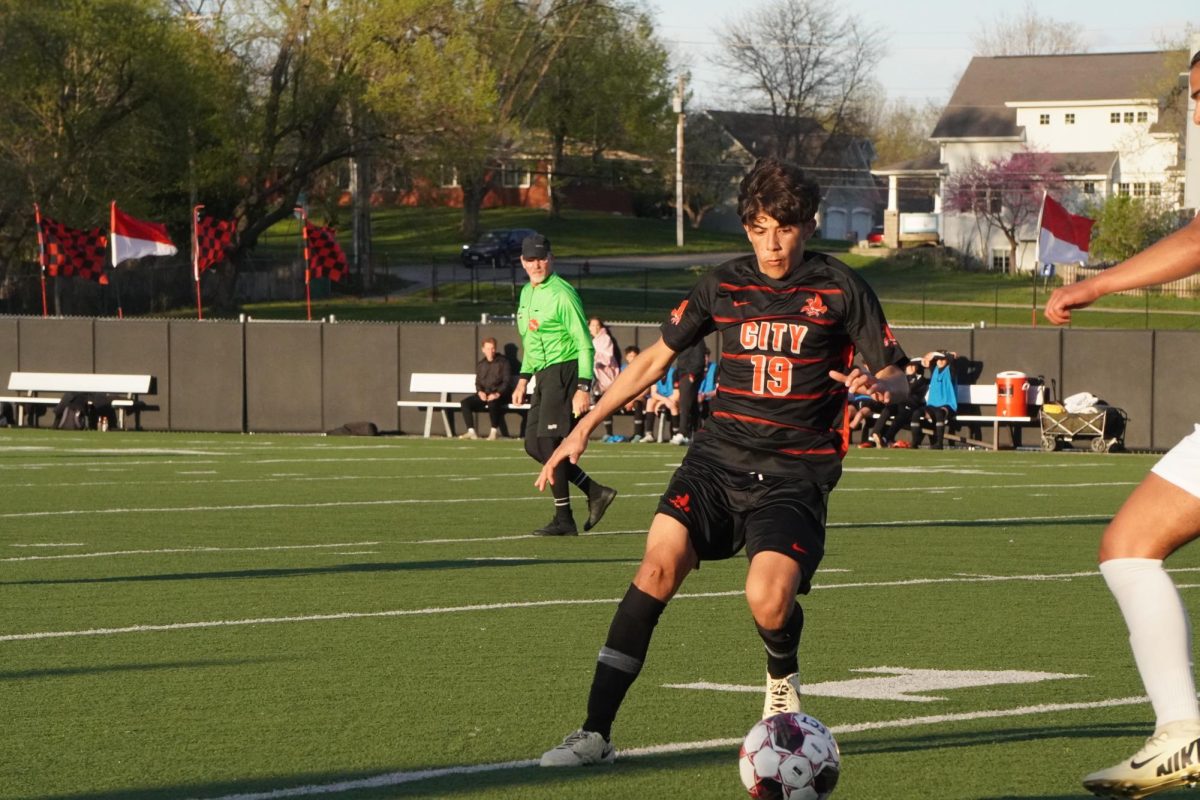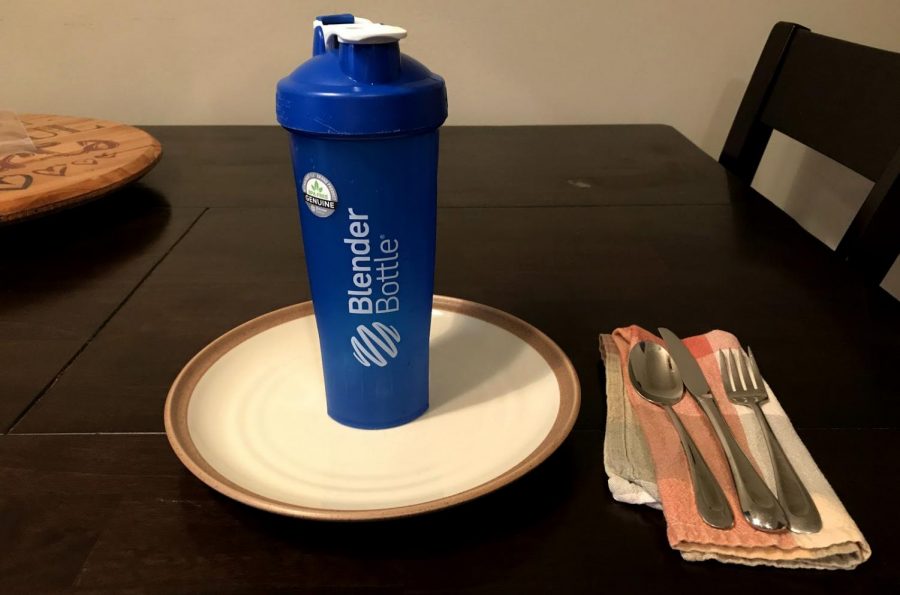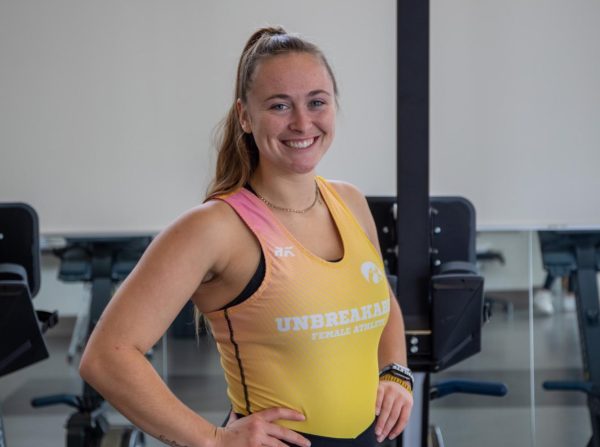Athlete Appetites
November 13, 2017
“B-r-r-r-ingggg!” the sound of the alarm shakes Olivia Baird ‘19 out of her deep sleep. She throws on a pair of leggings and her Nike tennis shoes before grabbing her Cool Mint Chocolate® Clif Bar and banana on the way out of the door. She makes her way to City High’s weight room for morning lifting. This is a normal morning for Baird ‘19.
For athletes, dieting can be used in many ways. Some diet to maintain a certain weight, but for some it is about awareness of what they are eating and what food will give them the energy to perform to the best of their abilities. Olivia Baird ‘19, a player for City High’s Women’s Soccer Team, has a very different diet from her teammates. Baird is vegan, which means that she does not eat any animal products. For some, this may be a concern, but Baird believes being vegan is essential for competing at her highest level.
“I am lactose-intolerant and eggs make me sick so I never ate those foods very often. I don’t like meat that much, so I decided to go vegan,” Baird ‘19 said. Before going vegan, Baird was a pescetarian for four years and then vegetarian. She slowly eased animal products out of her diet and replaced these foods with plant-based alternatives.
For some athletes, it is very important to diet to maintain a certain weight for the season. Jacob Dykes ‘18, a wrestler, has a very different diet compared to Baird’s vegan diet.
“Because I wrestle, dieting and cutting are a huge part of the sport,” said Jacob Dykes ‘18.
Dykes believes that there are many advantages to having a healthy and nutritious diet when participating in sports.
“You just feel a lot better, you’re not drowsy all of the time during the day and not falling asleep in class, you’re not dying during a practice, you’re just feeling good.” Dykes ‘18 said.
Athletes nowadays even go so far as to add extra supplements into their diets to help boost their muscle growth. Creatine, a legal dietary supplement, is one of the main supplements that high school athletes use to help increase muscles growth.
Jacob Dykes is an athlete that does not use creatine, but instead chooses to focus on other aspects of his sport.
“I focus more on the more technical side of things and I think dieting is a huge part of that as well,” Dykes ‘18 said.
Dieting can come in many different ways for every sport. Whether an athlete is vegan or a meat lover there are varied diets to help them achieve their “perfect body type” for their sport. Evan Gunder ‘19 has a very different diet for sports compared to vegan athlete Olivia Baird ‘19 and dieting of Jacob Dykes ‘18.
Evan Gunder can be found on the football turf or throwing during the track season. His diet, which he has been following for about a year, mainly consists of whole grains and proteins, hitting a daily count around 4,000 calories.
“It’s a good diet to maintain a certain weight and make sure I have enough energy throughout the day with school and practice,” Gunder ‘19 said.
One of the most important meals to athletes is the night before a game or meet. This meal is what provides them with the most energy they will need the next days. And as usual, this meal varies for all athletes.
“My favorite pre-game meal would have to be Spaghetti with very chunky sauce full of yummy vegetables. For protein, I usually have Boca burgers,” Olivia Baird ‘19 said.
For Gunder ‘19, spaghetti with a source of protein is also what he prefers to eat the night before a game or meet. In contrast, the night before meets for Dykes are a lot different compared to Gunder and Baird’s.
“I like a fat, juicy burger,” Dykes ‘18 said.
Dieting comes in many forms and can be shaped to fit an athlete’s specific needs in order to help them achieve greatness in their sports.




















































